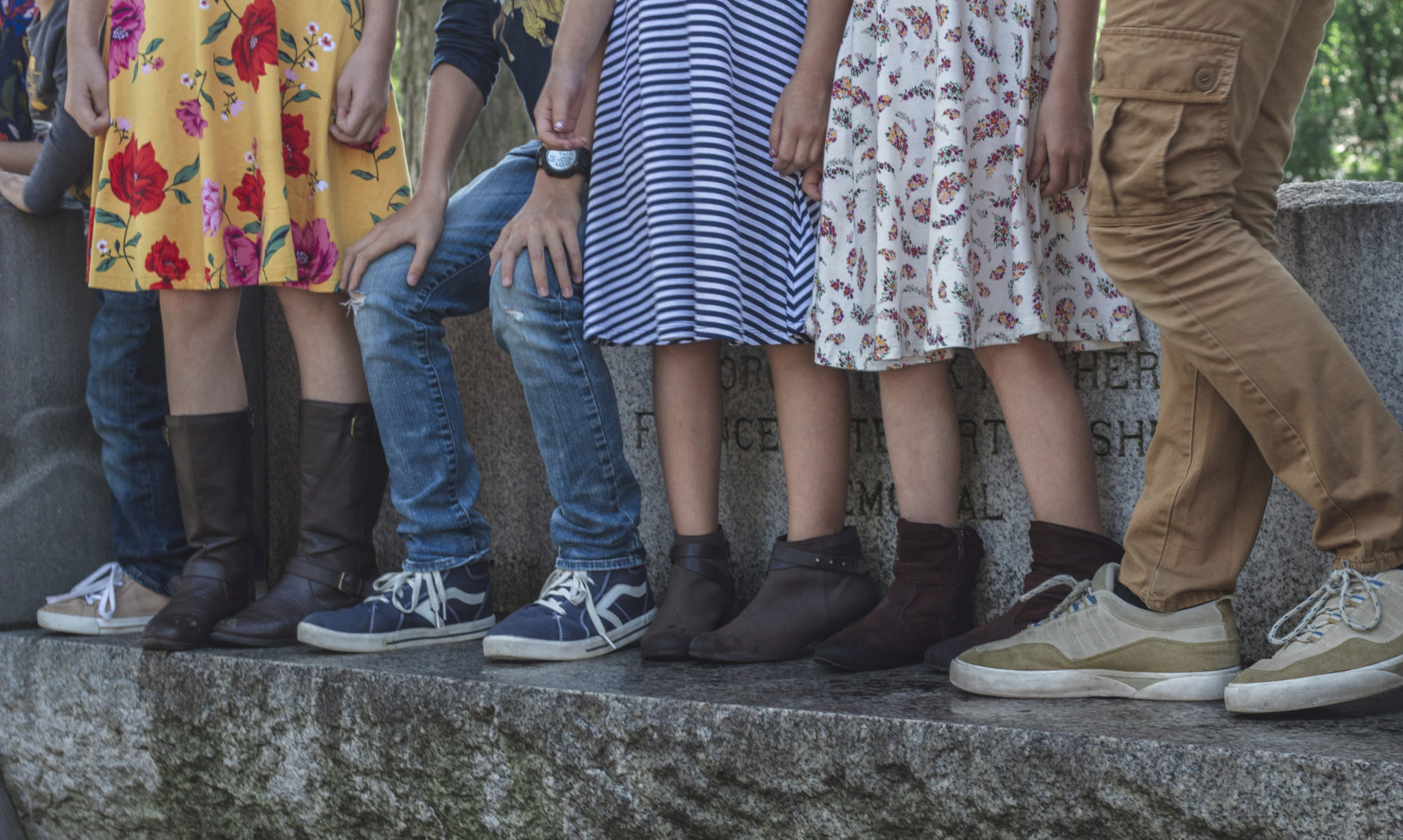After almost three months of DTS school and many weeks of prayer for our outreach in Brazil, we finally made it! The Grebs are on the ground in Canapi!
For those of you who may be a bit geographically challenged, it turns out Brazil is pretty far away, even from the southern United States. It’s not exactly a close neighbor to the south (and actually quite a bit east). Our adventure began on the afternoon of September 19th as we left YWAM-Tyler on a bus destined for Dallas. We stayed the night in a hotel near the airport so we could more easily make our 6 a.m. flight on the 20th! Imagine the helter-skelter atmosphere of waking up at 2:45 a.m. and trying to get 12 adults and 24 kids to the airport, their boarding passes, bags checked, through security, to the gate, and on the plane before 6 a.m.! All things considered, everyone did an amazing job and believe it or not, with little drama. We had just enough time to land in Miami, deplane, and catch our connecting flight to Recife, Brazil. This was approximately a 9 hour flight which landed in Brazil at 10 p.m. local time. Everyone boarded a tour bus for the six hour ride to Canapi, where we arrived just about 5 in the morning. I mentioned the thing about 24 kids, right? God gave us much grace, and a little more, and then some more. He is SO GOOD!
So…Canapi. Nestled in what is considered the Brazilian desert in northeast part of the country, they’re just entering spring and I hear there are two seasons: rainy season (winter), and hot and dry season (which includes now). Mid 90s and dry almost every day. It’s a town of about 7,000-8,000 people. Mostly poor people. Beautifully kind and welcoming people. This is an area of Brazil that is largely overlooked, the after-thoughts, which largely explains a conversation I had with a local boy the other day. EVERYONE in town is noticing and talking about the visitors from the United States. “Why is that?”, I asked. Because no one comes and visits Canapi. No tourists here…ever. It’s not the kind of place tourists would visit.
It’s a place where religion is deeply rooted (almost everyone talks openly about things like God, Jesus, and prayer), yet very few seem to know or even understand relationship with God. Our hosts and leaders of YWAM-Canapi, Elianderson and Kate Nacacio, are AMAZING people. They actually gave their emphatic “yes” to the offer for us to come knowing they were likely to deliver a baby while we were here. They had a baby boy…Joshua. Elianderson (a native Brazilian) and Kate (a native New Zealander) actually sought out the most needy places in Brazil to determine where they would plant their ministry. By almost every measure, Canapi was the neediest, so here is where they came.
Ministry here has varied. As a team we have done services in a variety of settings including a children’s street church, the local baptist church, the YWAM base in Canapi, local homes, and in local villages. A typical service usually consists of praise and worship, a skit, games (when it’s children), personal testimonies and a message. Truthfully these are not settings that have opened up due to our presence here, but have arisen from several years of groundwork laid by our hosts.
Along with these services our ministry has focused on sharing the love of Jesus with the people of Canapi. They love story-telling here. It’s amazing how just a conversation on someone’s porch, in the market, in a bakery, anywhere to be honest, can open up opportunities for ministry and prayer. And practically everyone here is open to it. We are learning so much about the value of slowing down, and taking time to just BE with people. It really seems so counter-productive. But opportunities come. Doors open. Aren’t we usually too quick to move on to the next porch, the next market, the next bakery, the next anywhere? Or not looking closely enough (or at all) for an open door?
All along the way we remember, each and every one of them is made in the image of God and is therefore lovable, so we love them. We share with them as much as we can, sometimes with no interpreter or no Google Translate (thank goodness for it), that they are special. They are worthwhile. They can live in relationship with their Creator and their Savior.
They are not after-thoughts.
They are not forgotten.

